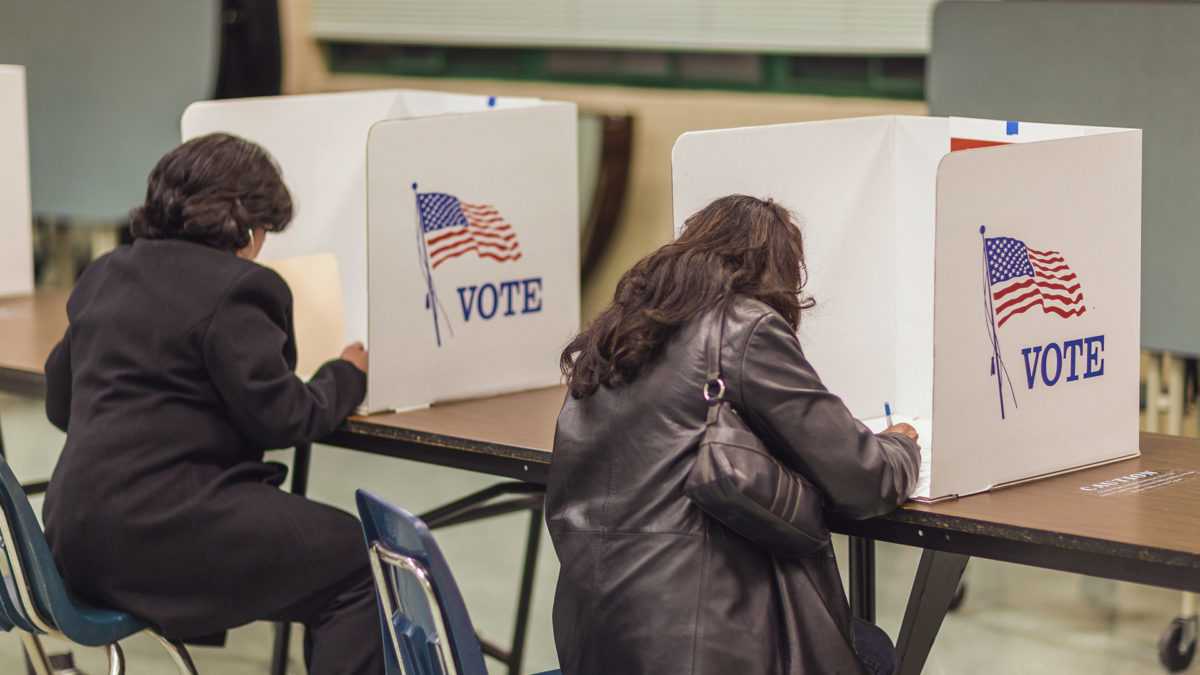MIT researchers reiterate why blockchains won't help elections anytime soon


November’s national elections in the U.S. have inspired a fresh round of calls from some crypto enthusiasts that blockchains be used to record vote counts — despite consistent warnings from computer security experts that blockchains could introduce even more security flaws.
So, MIT researchers have published another report reiterating those warnings.
The problem with blockchain voting is not just the blockchain component, the researchers say. In fact, all online voting systems are vulnerable to “serious failures,” which the report describes as “attacks that are larger scale, harder to detect, and easier to execute than analogous attacks against paper-ballot based voting systems.”
Today’s blockchain technology not only fails to address these vulnerabilities but also “might introduce new problems,” according to the report’s authors, which include renowned cryptographer Ron Rivest and Neha Narula, head of the MIT Media Lab’s Digital Currency Initiative.
Users would still have to use a potentially vulnerable device, they write, adding:
“The cryptographic and consensus guarantees of blockchains do not prevent potential serious failures."
A blockchain voting app developed by a startup called Voatz has already been used in a number of elections in the U.S., including during the 2018 federal elections in West Virginia. In February, another MIT research paper found the app to be riddled with security flaws. That paper was co-authored by computer science grad student Michael Specter, who also helped pen the new one.







